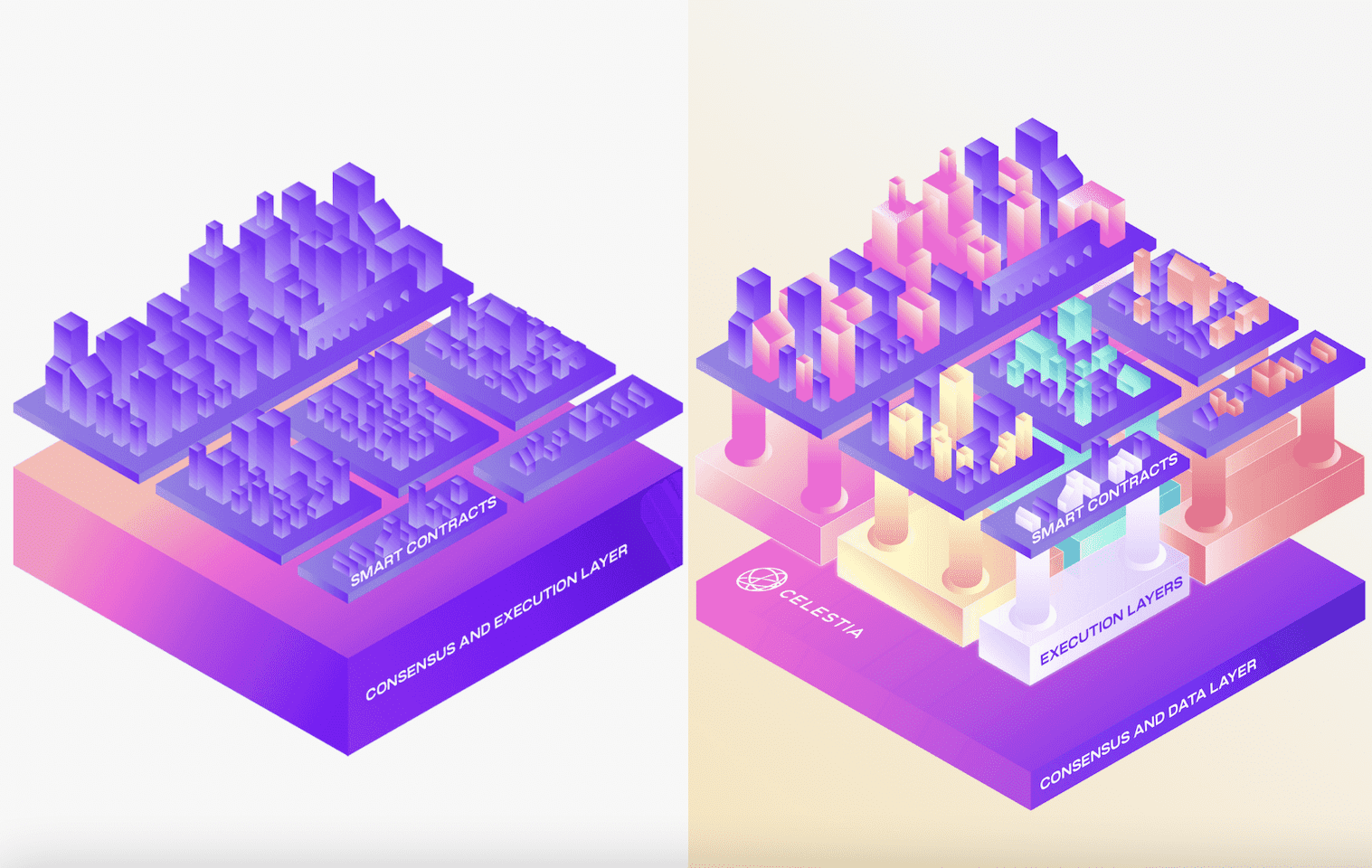
Exploring Modular Blockchain: Building the Future of Decentralized Systems
Understanding the Foundation
In the ever-evolving landscape of blockchain technology, the concept of modularity is emerging as a pivotal force. Modular blockchain systems offer a dynamic approach to building decentralized networks, allowing for greater flexibility, scalability, and innovation. At its core, modularity refers to the ability to break down complex systems into smaller, interchangeable components. These components, or modules, can then be combined and configured in various ways to create custom solutions tailored to specific use cases.
The Power of Adaptability
One of the key advantages of modular blockchain is its adaptability. Traditional blockchain architectures often lack flexibility, making it challenging to accommodate changing requirements or address scalability issues. In contrast, modular blockchain systems can easily adapt to evolving needs by adding or removing modules as necessary. This level of flexibility enables developers to experiment with different configurations, iterate more rapidly, and respond quickly to market demands.
Enhancing Scalability
Scalability has long been a concern for blockchain networks, especially as they aim to support growing user bases and transaction volumes. Modular blockchain offers a potential solution to this challenge by allowing for horizontal scalability. Rather than relying on a single, monolithic architecture, modular systems can scale horizontally by adding additional modules in parallel. This distributed approach to scaling enables blockchain networks to handle increased throughput without sacrificing performance or decentralization.
Driving Innovation
Modular blockchain is driving innovation across various industries by empowering developers to create custom solutions tailored to specific use cases. Whether it’s optimizing supply chain management, revolutionizing financial services, or enhancing data privacy, modular blockchain systems offer a versatile platform for innovation. By providing a modular toolkit of interchangeable components, developers can rapidly prototype new ideas, experiment with different features, and bring innovative products and services to market faster than ever before.
Embracing Interoperability
Interoperability is another critical aspect of modular blockchain systems. In today’s interconnected world, it’s essential for blockchain networks to seamlessly communicate and share data with each other. Modular architectures facilitate interoperability by providing standardized interfaces and protocols that allow different modules to interact with one another. This interoperability enables cross-chain communication, interoperable applications, and the seamless exchange of assets and data across disparate blockchain networks.
Overcoming Complexity
While modular blockchain offers numerous benefits, it also introduces new challenges, particularly in terms of complexity. As blockchain systems become more modular and customizable, they also become more complex to design, implement, and maintain. Developers must navigate a vast landscape of modules, configurations, and dependencies, which can lead to increased development time, higher costs, and greater potential for errors. However, with the right tools, methodologies, and best practices, these challenges can be overcome, paving the way for a new era of decentralized innovation.
Building Blocks for the Future
In summary, modular blockchain represents a significant paradigm shift in how we approach decentralized systems. By breaking down complex architectures into smaller, interchangeable components, modular blockchain empowers developers to create custom solutions that are flexible, scalable, and interoperable. As we continue to explore the potential of modular blockchain, we can expect to see a wave of innovation across various industries, driving the next wave of decentralized applications, services, and ecosystems. Read more about modular blockchain
